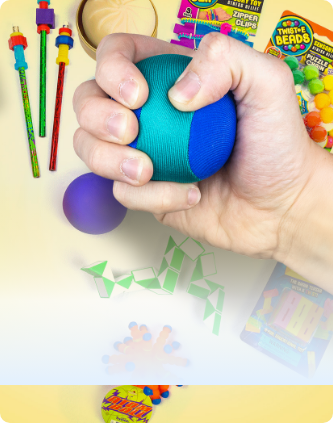Independence Starts Now
May 3rd 2024

Several years ago at an ABAI conference we had the pleasure of listening to Dr. Bridget Taylor talk about helping people on the spectrum become independent. Often it’s easier, or more efficient for a parent, teacher or therapist to do something for a person rather than teaching them to do things for themselves.
If we don’t take the extra time to teach skills we will have people who are not independent. No one wants to see a forty year old person who can’t prepare his own meal!
With this in mind you may want to ask yourself:
- Do you still open containers?
- Unpack backpacks?
- Cut food?
- Help with toileting?
- Open doors?
- Brush teeth?
- Do they sleep in their own bed?
- Do they shower independently?
Learning self help skills increases self esteem – and can give individuals a wonderful feeling of accomplishment. Increased independence leads to increased vocational, social, residential, and community opportunities.
It's never is too early to evaluate what you are teaching. Are you teaching the skills someone needs to live independently at the age of 50? If a person can add numbers but can’t balance a checkbook or figure out how to buy lunch how helpful is the skill?
Think about it this way – can the people you are working with point to 50 pictures but can’t get a spoon from the kitchen? Can they add and subtract but not zipper a coat?
To help you identify skills you may need to teach, take a piece of paper and for one day write down everything you do for an individual. From this create a list of skills you need to teach.
Remember slow and steady wins the race. Start with a few skills first, the one’s you feel are most essential. If you are not sure how to teach a skill, ask a Behaviorist or an Occupational Therapist.
For more life skills resources check out our Life Skills workbooks and curriculum.








